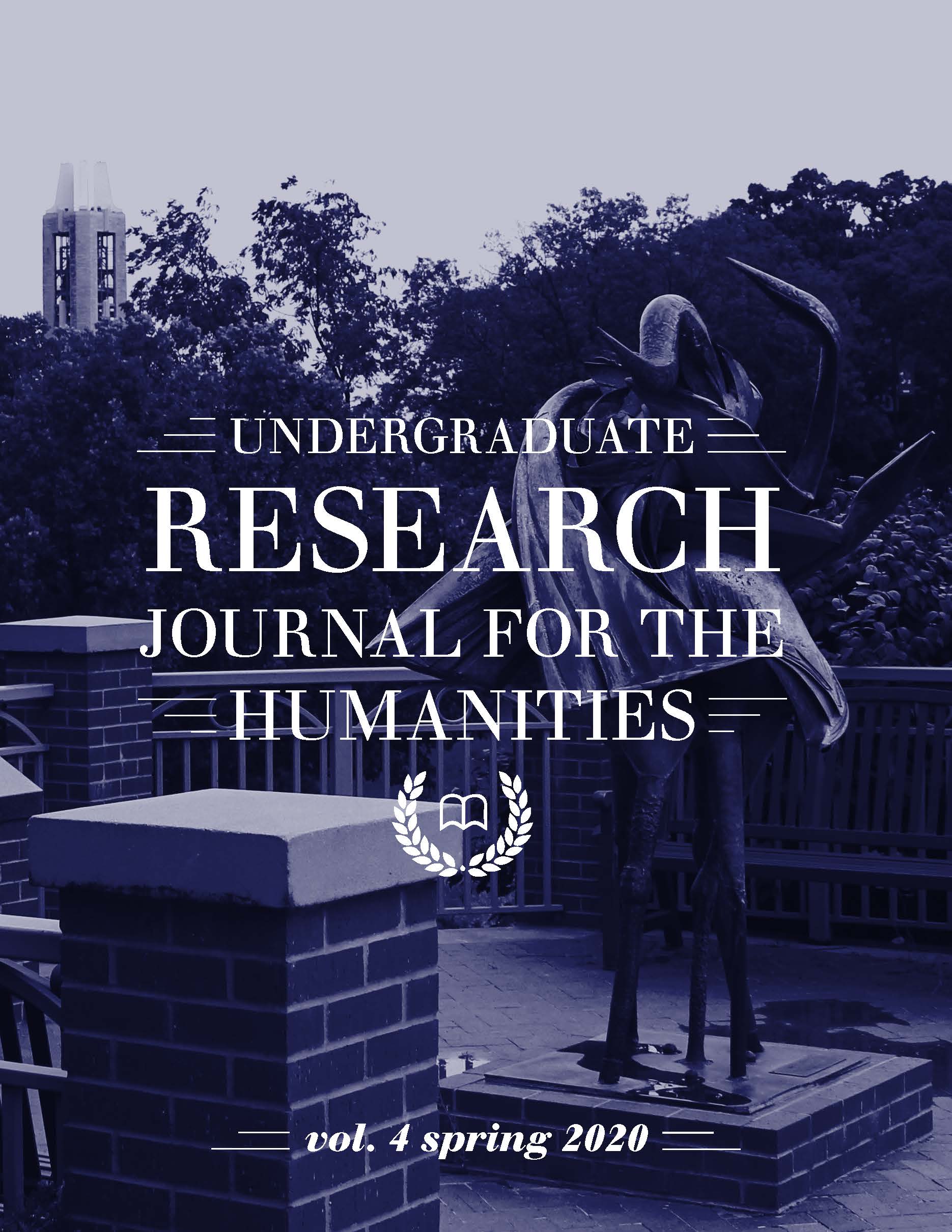Abstract
US Supreme Court Justice Oliver Wendell Holmes, Jr. reshaped American free speech law through his Supreme Court opinions during World War I and after. This paper explores the oft-debated questions of whether and how Holmes’s free speech views changed between his legal education (during which he was taught that the common law’s bad tendency test allowed governments to punish any speech after it was uttered) and World War I (during which he created and developed the more expansive clear and present danger test). This paper argues that Holmes developed the underlying principles of his later free speech ideas in his writings on American common law, but that he only expressed those ideas in Supreme Court opinions after several other legal thinkers prodded him to do so.
All articles are licensed under a Creative Commons Attribution-NonCommercial-NoDerivatives 4.0 International License. Copyright is held by the authors. Author agrees to the terms in the Journal Publication Agreement.

